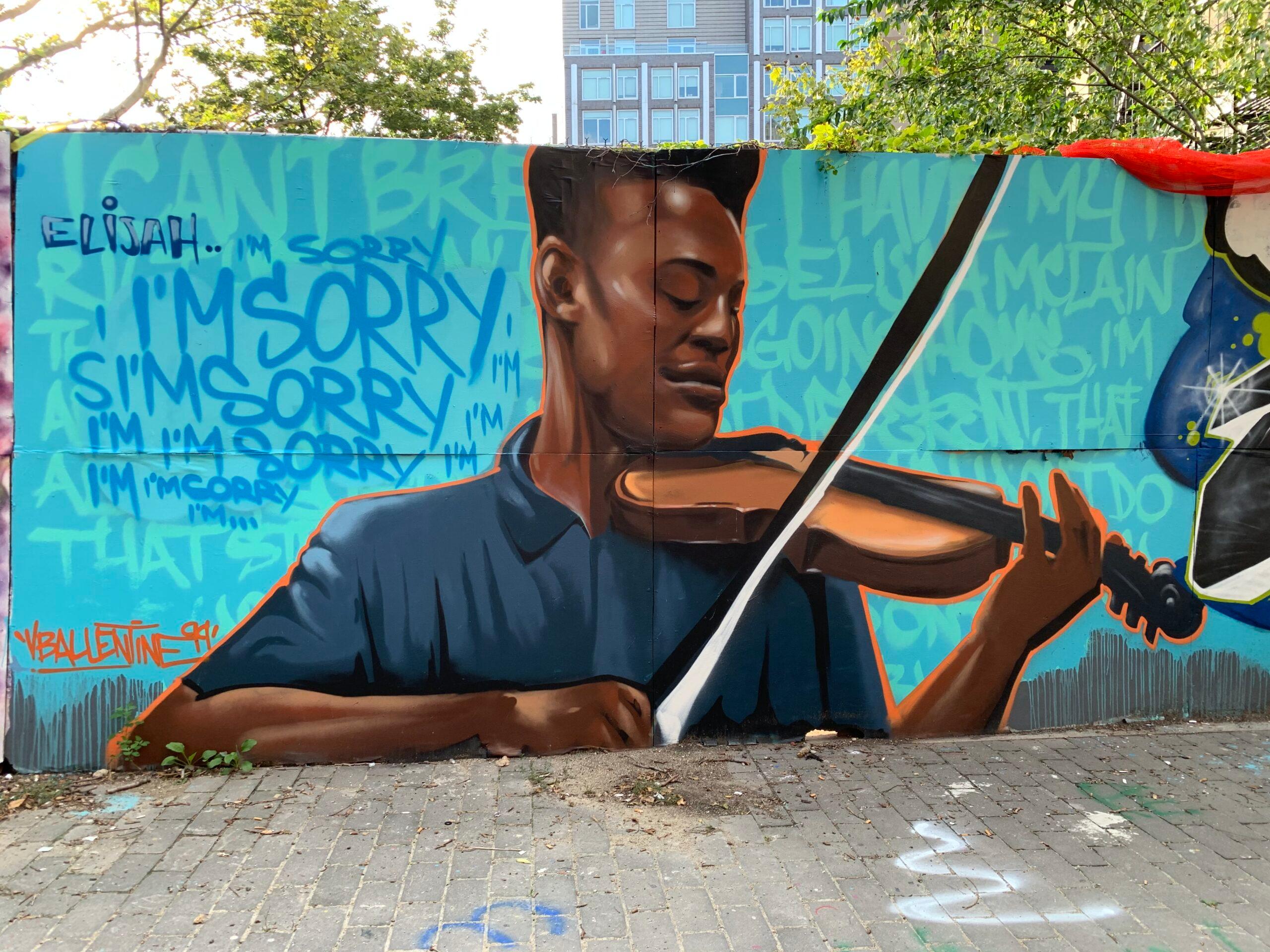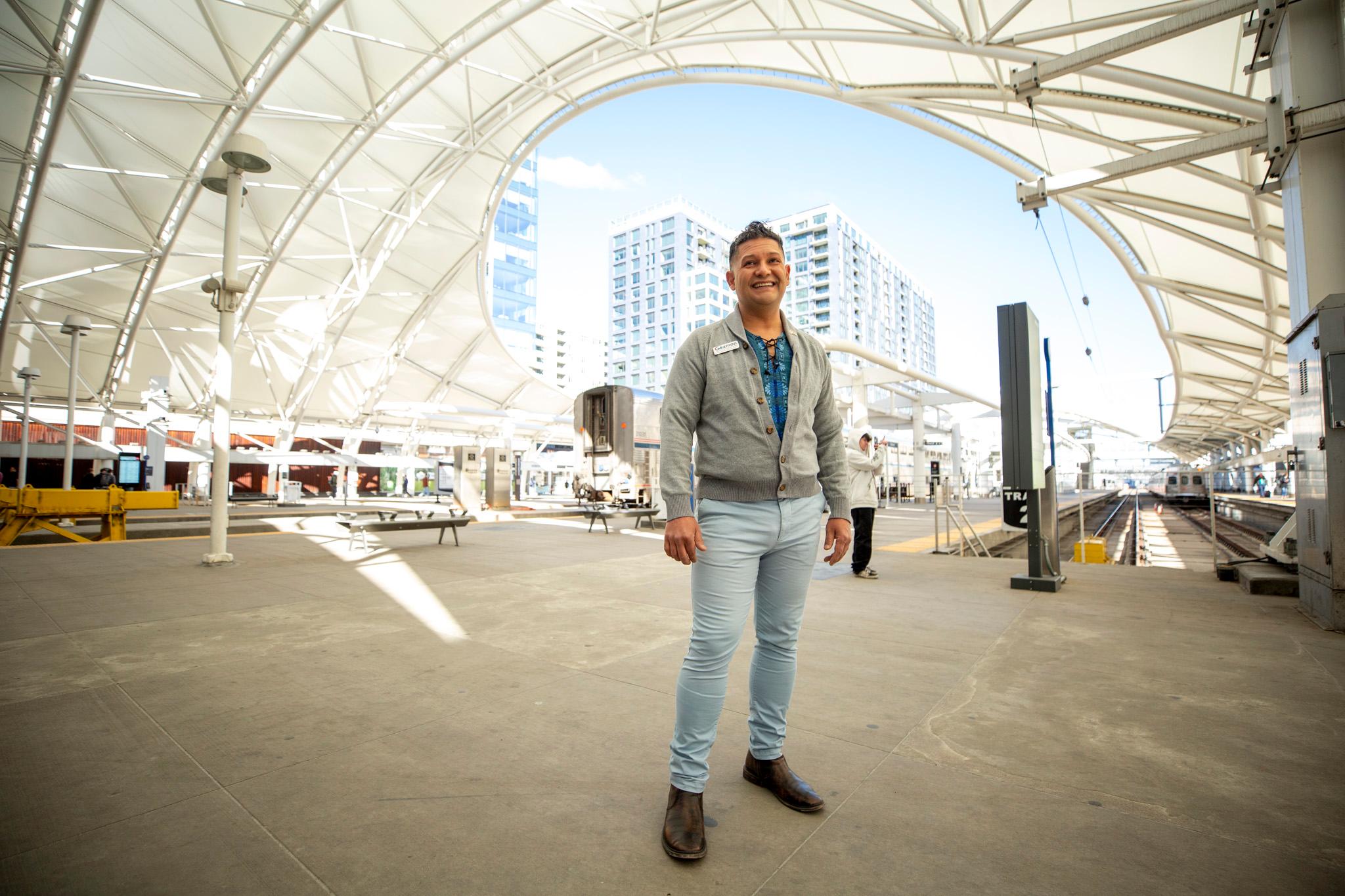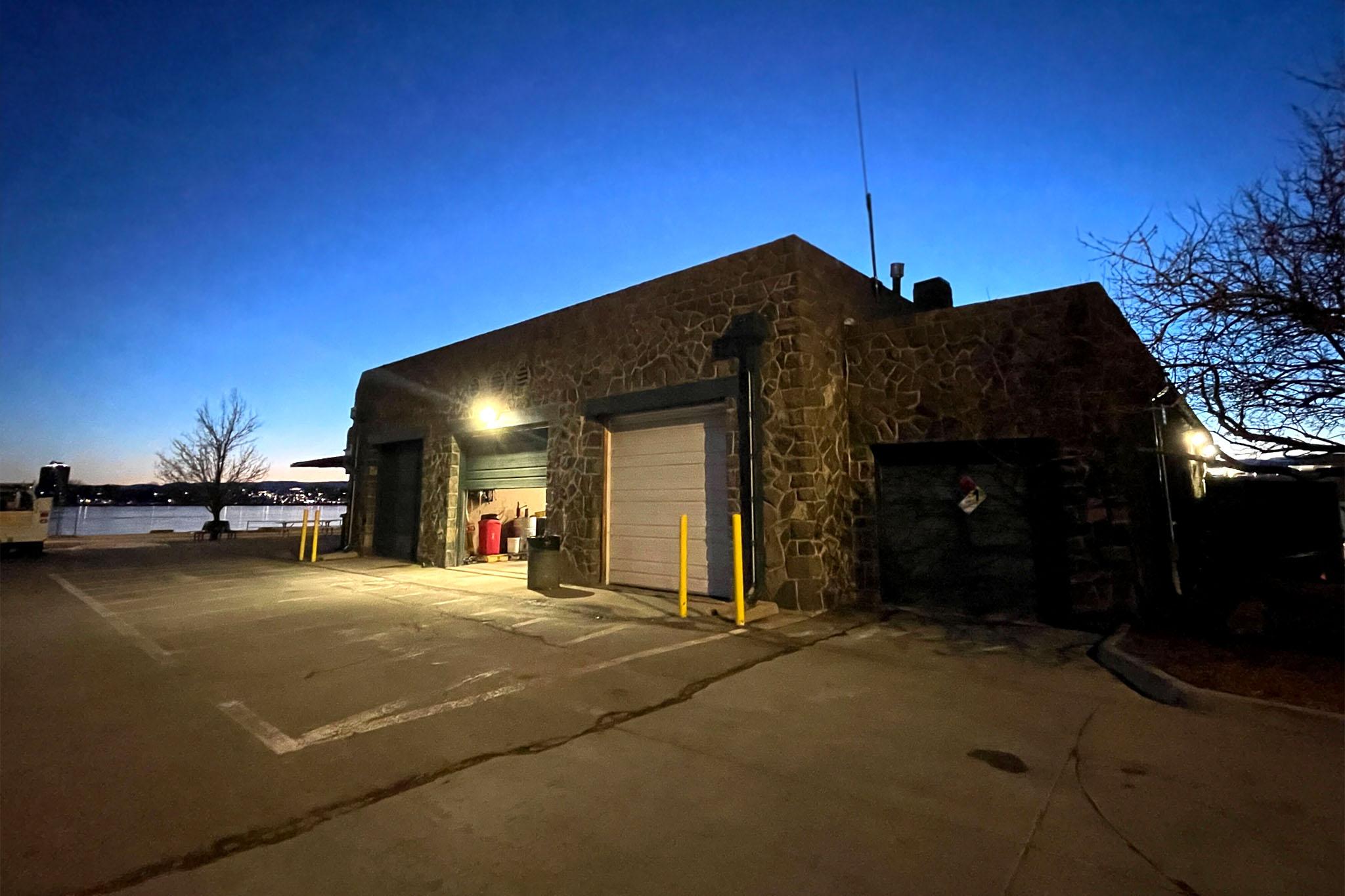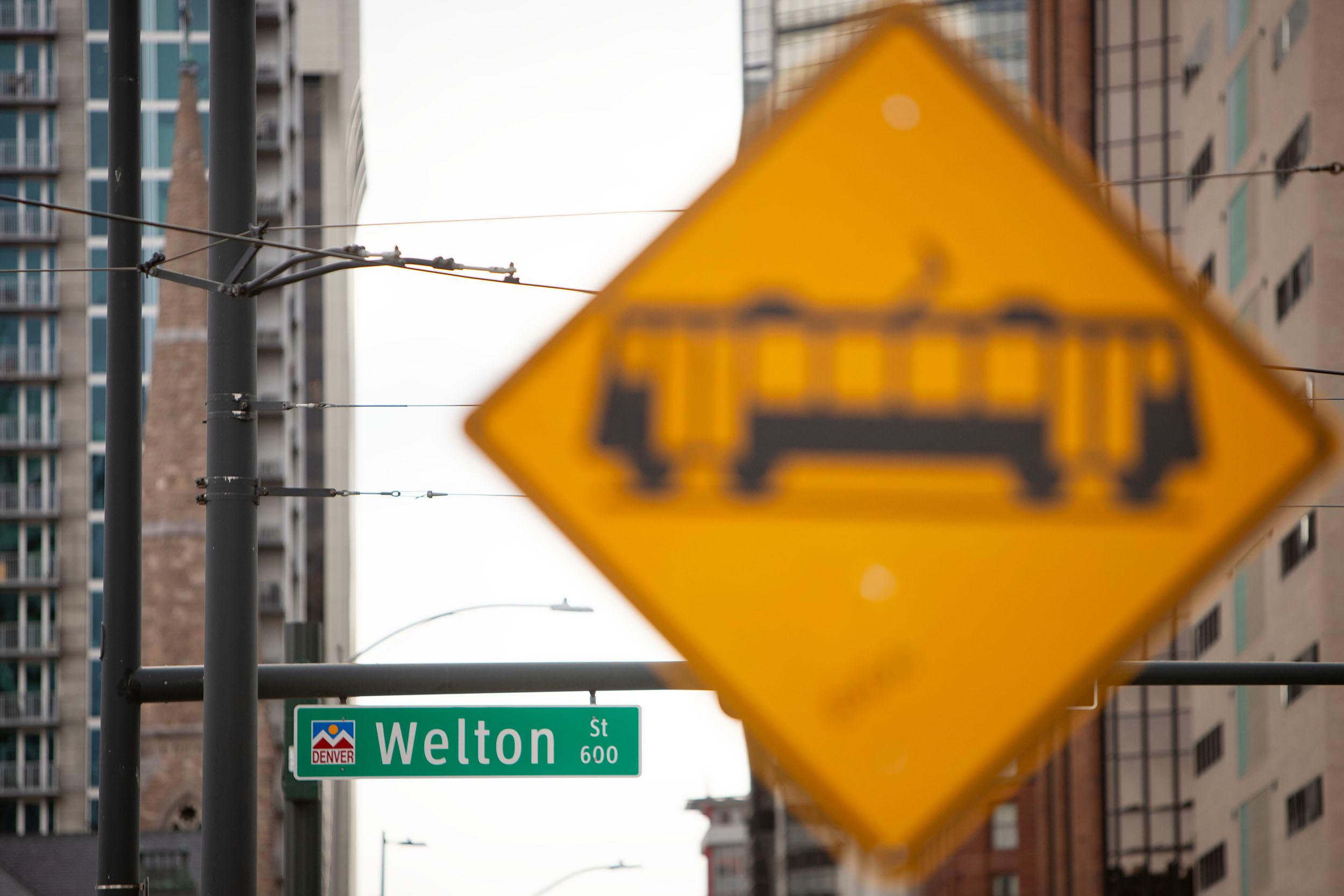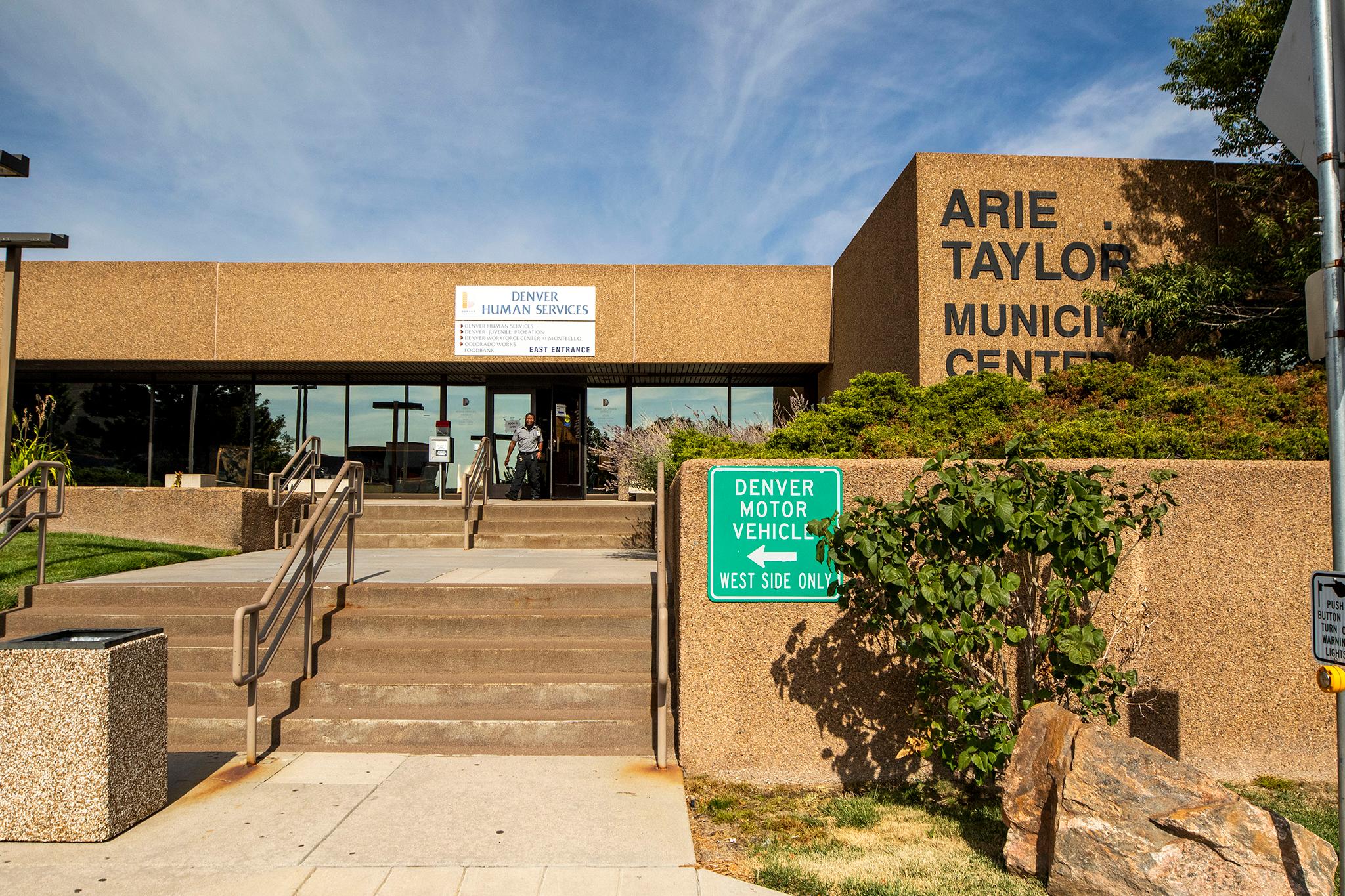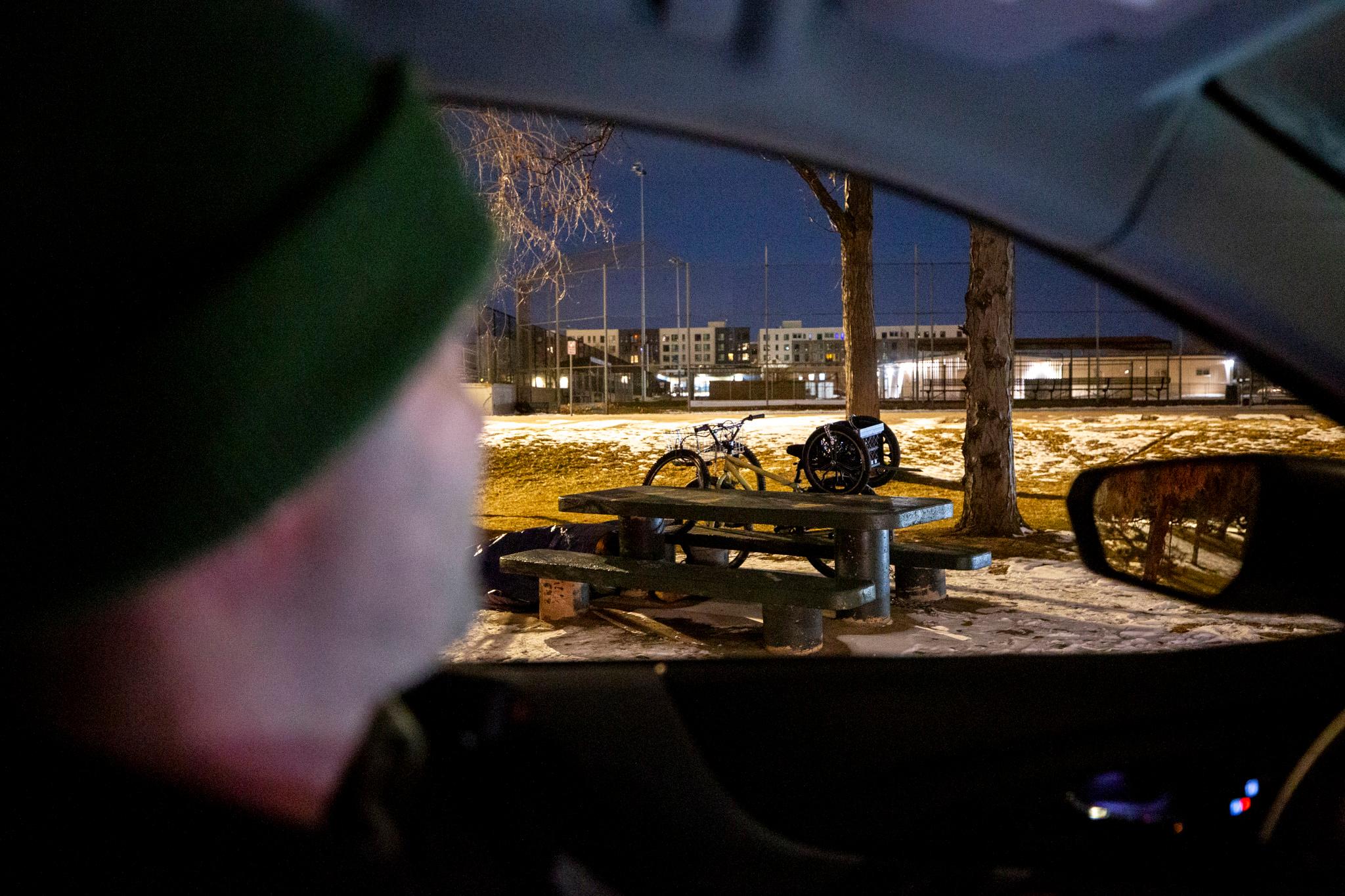As word spreads through the community about the verdict in the trial of two Aurora police officers charged with killing Elijah McClain, critics of the criminal justice system are wrestling with the outcome: Randy Roedema was convicted of criminally negligent homicide and assault in the third-degree, and Jason Rosenblatt was found not guilty.
Both men were originally charged with reckless manslaughter and second-degree assault.
McClain's mother, Sheneen McClain, told 9News that she was "disappointed," by the outcome. "Right is right, and wrong is wrong. And when you continue to allow the type of injustice that happened to my son, there is so much to work on."
Candice Bailey, who has advocated for justice in the death of Elijah McClain since shortly after he died in law enforcement custody, felt sick listening to the verdict from home.
"Every individual who was at the scene of that murder -- and I do mean murder -- is equally complicit in this crime in some way, shape or form," she said, a list that includes all three police officers and emergency medical technicians who were on the scene. (The trial of the third officer, Nathan Woodyard, is in the early stages.)
Bailey saw both Roedema and Rosenblatt as equally guilty.
"This was not the prosecution doing their best job in making sure that both of these individuals were prosecuted," Bailey said. "There is no way one should be guilty and the other one should not, and they had identical acts in this murder."
Reginald Holmes, pastor at New Covenant Christian Church, argued "the jury was tampered with from the inside" through the instructions the court gave. He described the process as "jury nullification."
"The jury was given the flexibility to come up with the kind of verdict that they came out with," Holmes said. "They were told from the beginning through the jury instructions that they could bring back a lesser verdict. And of course, the jury did exactly that and more, in the sense that they came back with an acquittal."
Community activist Jeff Fard, who goes by Brother Jeff, has been following the case closely.
"I don't know what to feel or what to think because those feelings are conflicting, just like the verdict," Fard said.
One thing he's certain of is that even though one officer was held accountable, justice was not served.
"There will never be justice because justice is Elijah McClain coming home to his family and his siblings and his mom and having dinner," Fard said.
Fard wants to see more police accountability and more respect for Black lives.
He's heartened that the case went to trial and he's moved by the jury's commitment to examine the evidence -- something he believes would never have been allowed to happen had activists like Bailey and others not brought attention to the story.
"This point didn't just come about because someone had a change of heart and wanted to do a review," Fard said. "This came about because people who saw an injustice continued to be loud and beat the streets and made noise and turned corners and talked to certain individuals in power to arrive at this position."
Fard has watched the community come together, across race, socio-economic and ideological lines, to demand justice for McClain.
"I think people know Elijah McClain should be alive," Fard said. "The argument is who was responsible... I say all of them."
Lillian House, an organizer with the Party for Socialism and Liberation, said she was part of the push for accountability in McClain's death for three years, and at one point faced a felony charge for her role in a protest in his memory. In an interview, she described the verdict as a "step in the direction of justice."
"He was brutalized, he was killed, he was mocked even in death," she added. "So these charges, in a way, are unsatisfactory, but also they were hard won. And the fact that we are even here where officers were prosecuted for this murder was never a certainty. It was due to the determined struggle of our community over many, many months. Otherwise, Elijah's case would've been buried. That was absolutely the intention of Aurora from the beginning, and it was the people who reversed that."
While McClain's case gained national prominence in 2020, when the George Floyd demonstrations brought more attention to other police killings, the trial itself has been relatively low profile.
How the community responds to the verdicts -- whether in protest, celebration or at all -- will be a barometer of whether the movement to stop police killings and violence that was so active in 2020 still has energy, several activists told Denverite.
Bailey and others plan to organize a candlelight vigil in McClain's memory.
